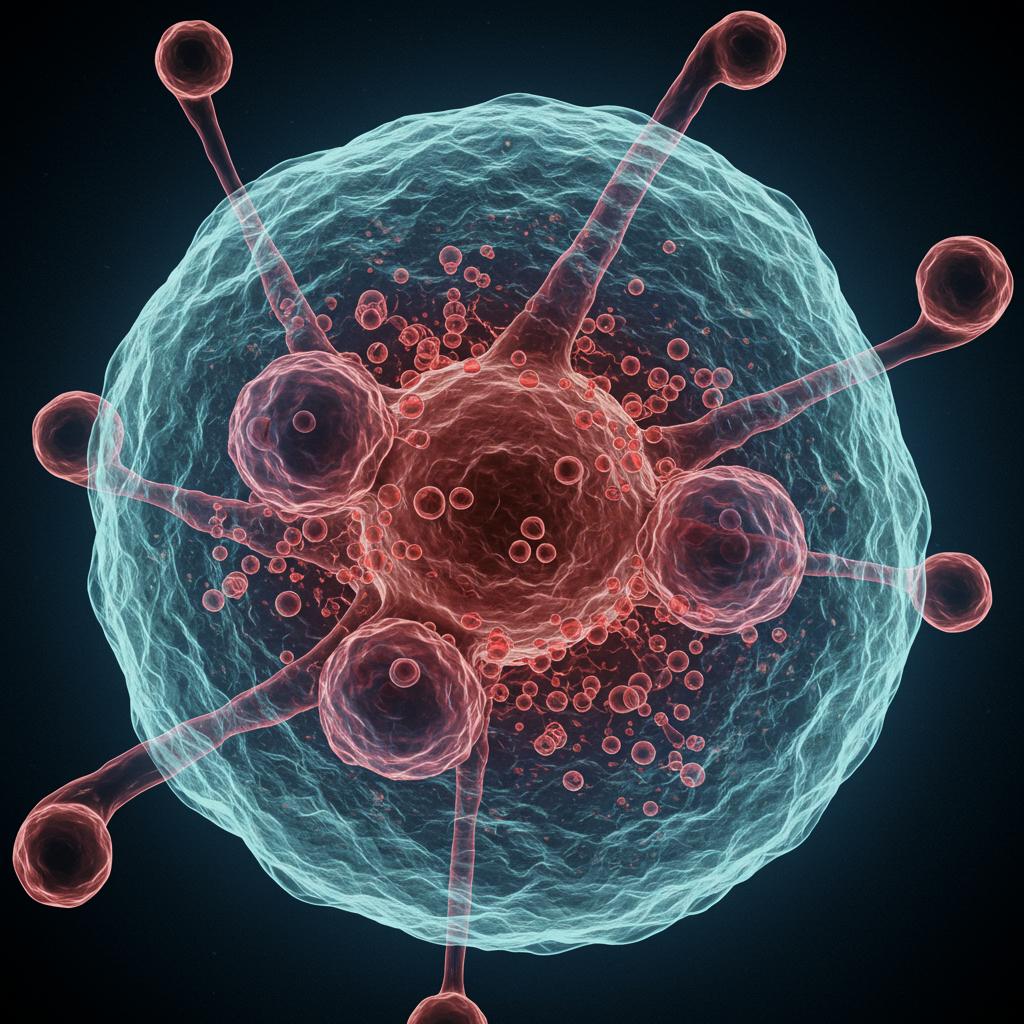
Imagine tiny, nano-sized bubbles traveling between cells in your body, whispering secrets that can heal and rejuvenate. These aren’t science fiction; they’re called exosomes, and they’re revolutionizing regenerative medicine.
Exosomes are like little messengers, carrying vital information between cells, even across long distances. They’re secreted by most cells and play a crucial role in intercellular communication, influencing the behavior of recipient cells. Think of them as a cellular postal service, delivering packages of proteins, genetic material, and other molecules that can trigger healing and repair.
What’s truly exciting about exosomes is their potential to treat a wide range of diseases and conditions. Research on exosomes is exploding, with thousands of publications released every year. As scientists uncover more about their capabilities, the possibilities seem endless.
Here’s a glimpse into the incredible therapeutic potential of exosomes:
- Neurological Wonders: Exosomes offer hope for tackling complex neurological conditions, including:
- Alzheimer’s disease
- Multiple Sclerosis
- Parkinson’s disease
- Traumatic brain injuries
- Peripheral nerve injuries
- Depression and Post-traumatic Stress Disorder
- Organ Regeneration: Damaged organs could get a new lease on life thanks to exosomes, showing promise in treating:
- Heart disease (including myocardial infarctions)
- Kidney and liver damage
- Stroke
- Ovarian issues
- Combating Degenerative Diseases: Exosomes may help slow or even reverse the progression of diseases like:
- Atherosclerosis and diabetes
- Various blood disorders
- Musculoskeletal degeneration
- Osteoradionecrosis
- Respiratory diseases
- Fighting Infections: Exosomes are being explored as a potential weapon against infectious diseases, including COVID-19 and hepatitis.
- The Fountain of Youth? Exosomes are showing promise in various regenerative procedures:
- Anti-aging therapies
- Bone, cartilage, and joint regeneration
- Wound healing (including cutaneous wounds)
- Dental regeneration
- Skin rejuvenation
- Hair regrowth
- Erectile dysfunction treatment
- Intervertebral disc repair
- Spinal cord injury recovery
- Vascular regeneration
- Cancer Therapy: Research is underway to investigate the role of exosomes in treating cancers like breast cancer, colorectal cancer, gastric cancer, and osteosarcomas. They might offer new avenues for targeted therapies and improved outcomes.
- Boosting Immune Function: Exosomes can modulate the immune system, offering potential benefits for:
- Allergies
- Autoimmune disorders (like lupus and rheumatoid arthritis)
- Inflammatory diseases
The research on exosomes is still ongoing, but the early results are incredibly promising. These tiny vesicles hold immense potential to revolutionize medicine as we know it, offering new hope for treating a vast array of diseases and improving human health. As research continues, we can expect even more exciting discoveries about the power of these microscopic healers.
